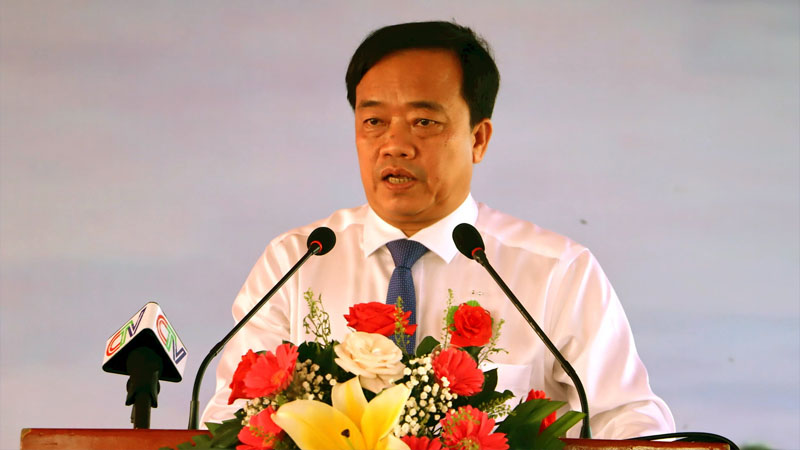Exclusive content

The southernmost province of Vietnam, Ca Mau, has announced a substantial investment plan for its shrimp sector. On Saturday, Huynh Quoc Viet, Chairman of the Ca Mau administration, signed a decision to approve a comprehensive development plan for the local shrimp industry, aiming for completion by 2030 with a long-term vision extending to 2045. This ambitious project is estimated to cost VND 20 trillion (USD 785.2 million).
Funding Allocation
Of the total investment, VND 4.05 trillion (USD 159 million) will come directly from the provincial budget. The remaining funds will be sourced from various other resources, highlighting the collaborative effort to boost the shrimp industry in Ca Mau.
Ca Mau aims to establish itself as Vietnam’s premier shrimp hub by 2030. The province plans to employ advanced technologies to enhance productivity and output, effectively adapt to climate change, and protect the environment. The initiative includes stabilizing the shrimp farming area at 280,000 hectares and developing two major seafood complexes in Nam Can and Dam Doi Districts.
Production and Supply Targets
The plan outlines several key production and supply targets. Ca Mau intends to produce shrimp post-larvae sufficient to meet at least 80 percent of local farmers’ demands and ensure that locally-produced shrimp feed meets 40 percent of the demand. By 2030, the province aims to achieve a farmed shrimp output of 350,000 metric tons and an export value of USD 1.65 billion annually.
A significant focus of the investment plan is to increase the proportion of value-added shrimp products to 80 percent within the next six years. This strategy is expected to enhance the competitiveness and profitability of Ca Mau’s shrimp products in both domestic and international markets.
Sustainable Development and Modernization
By 2050, Ca Mau anticipates cultivating a sustainably developed shrimp sector characterized by high-quality products, reputable brands, and global recognition. All shrimp products will be traceable, ensuring transparency and accountability in production. The province plans to develop shrimp farming facilities in a modern and synchronous manner, setting a benchmark for the industry.